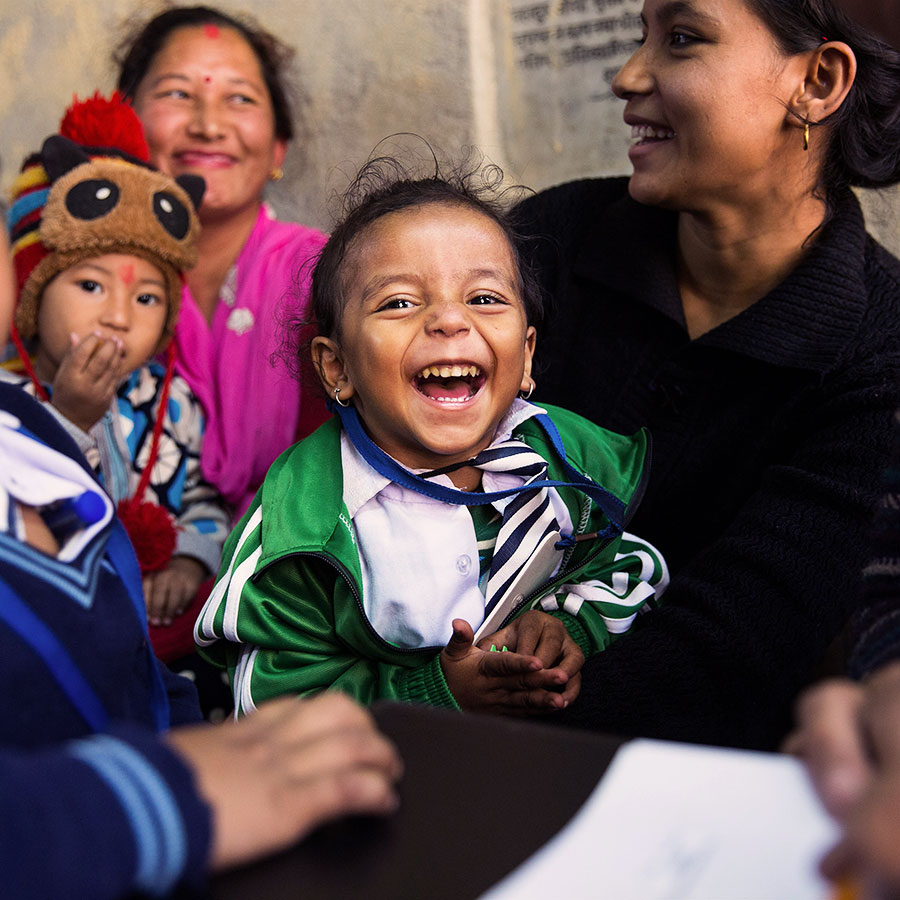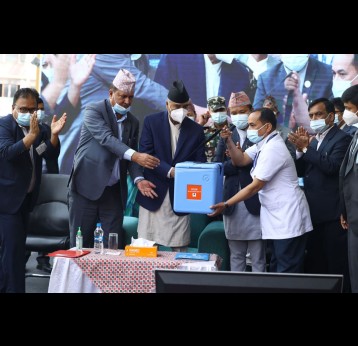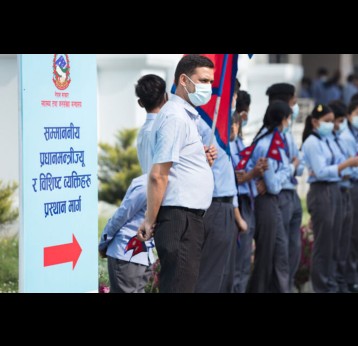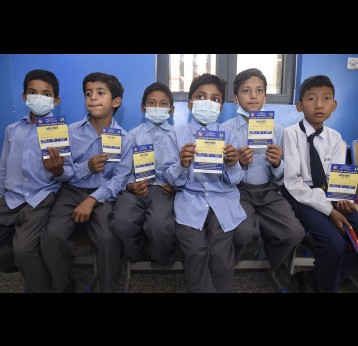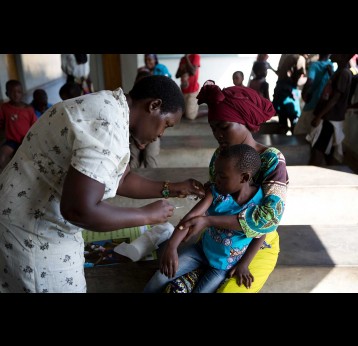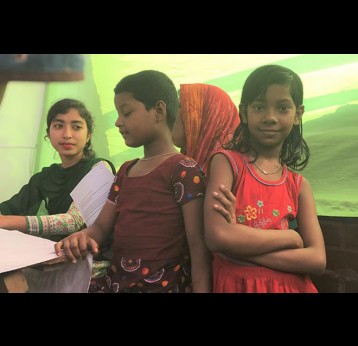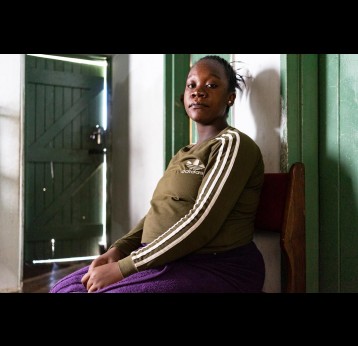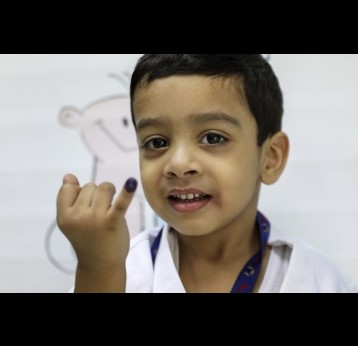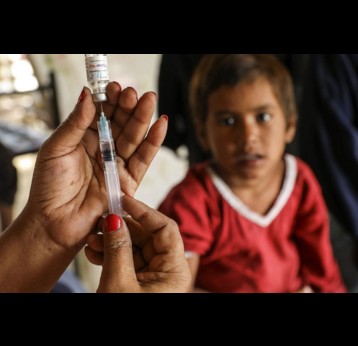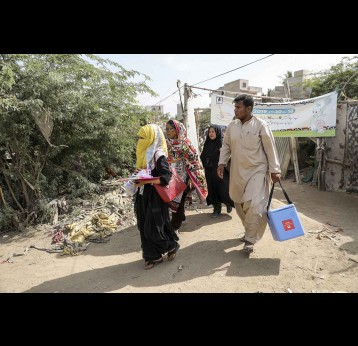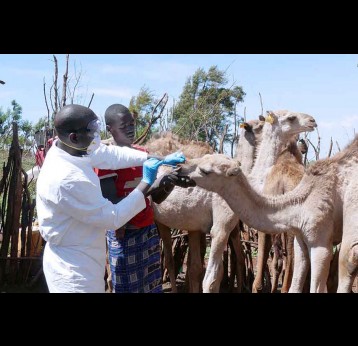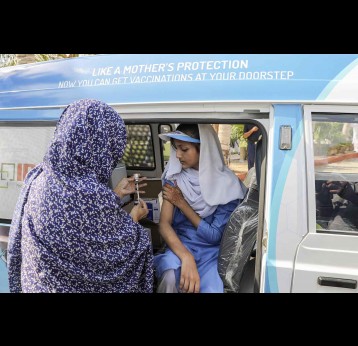Back to
Typhoid conjugate vaccine (TCV) support
- For funding guidelines and materials, click here for Gavi Support Guidelines; then click on drop-down menu for "Vaccine information & switches"; then: (1) click on Gavi Vaccine Funding Guidelines (français) for details of Gavi's support for TCV; and (2) scroll down to "TYPHOID VACCINE" for TCV application guidance and materials.
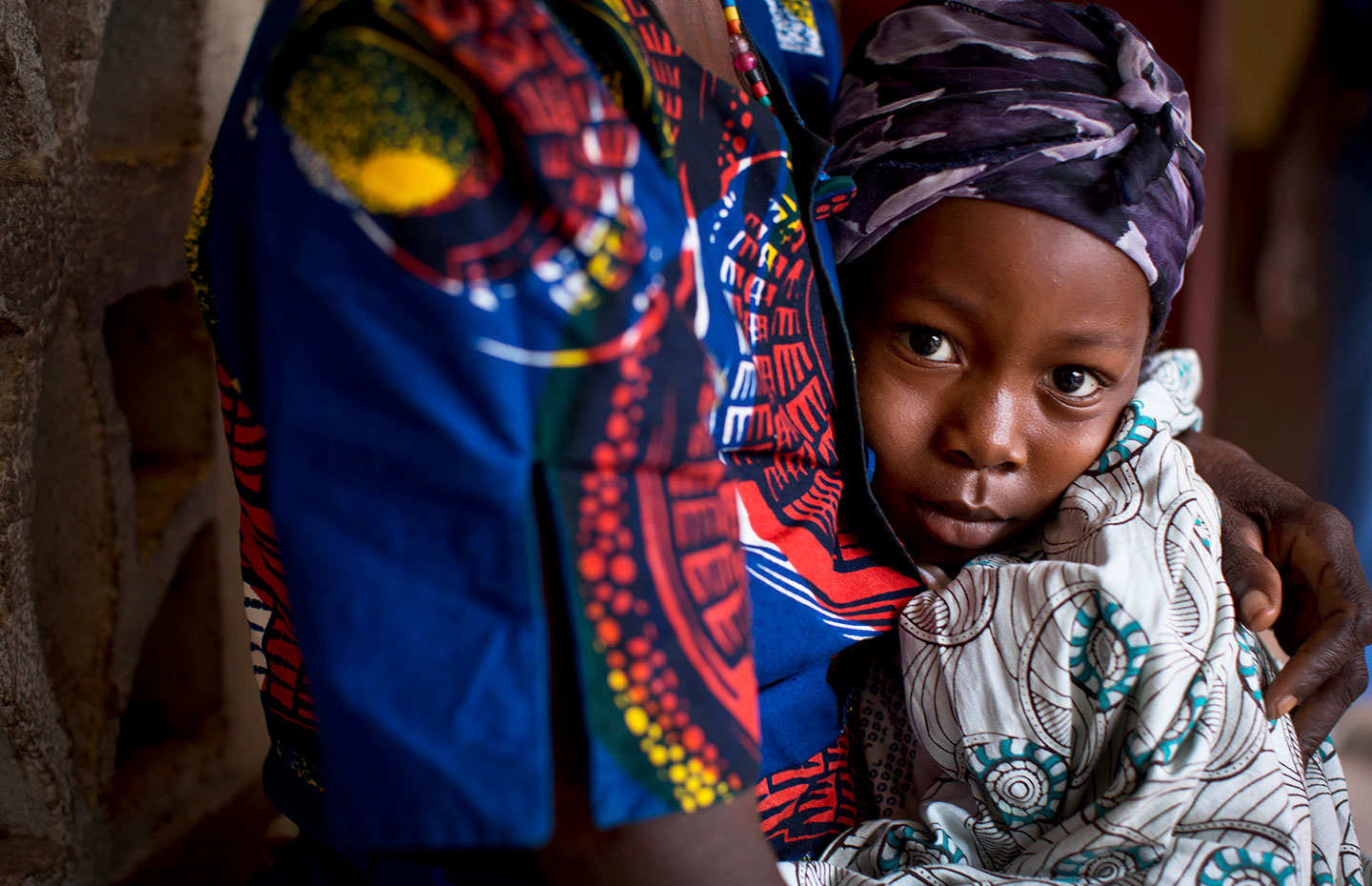
- For funding guidelines and materials, click here for Gavi Support Guidelines; then click on drop-down menu for "Vaccine information & switches"; then: (1) click on Gavi Vaccine Funding Guidelines (français) for details of Gavi's support for TCV; and (2) scroll down to "TYPHOID VACCINE" for TCV application guidance and materials.

